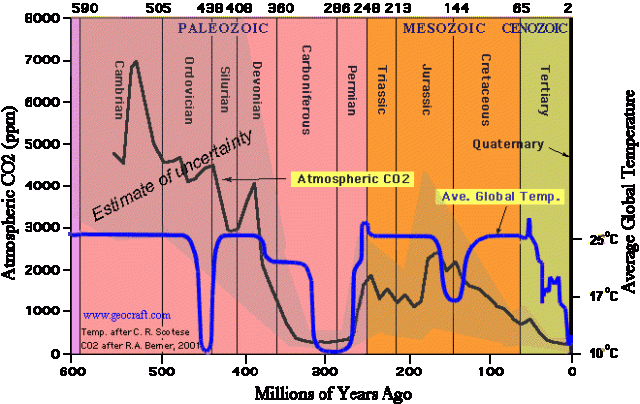And this from NASA :On Sept. 19 this year, for the first time ever since 1979, Antarctic sea ice extent exceeded 7.72 million square miles (20 million square kilometers), according to the National Snow and Ice Data Center. The ice extent stayed above this benchmark extent for several days. The average maximum extent between 1981 and 2010 was 7.23 million square miles (18.72 million square kilometers).
"Since the late 1970s, the Arctic has lost an average of 20,800 square miles (53,900 square kilometers) of ice a year; the Antarctic has gained an average of 7,300 square miles (18,900 sq km)."
This is the sentence directly preceding Joe's cherry picked quote. Read the whole article here.
http://www.nasa.gov/...-record-maximum
When you consider all the data, just as you need to consider global temperatures and not just microclimates it is impossible to argue the results. Joe - it's not the volume of total ice melt but the increasing loss per year over a very short timeframe. What else can it be if not rising temperatures. It's too late to stop it but what are the consequences and how many trillions of dollars is it going to cost.
Thanks for bringing up ice thickness Joe. It obliterates the denier argument that global warming isn't real "Just look at Antartica and all that ice!"
"But since 2003, losses in the west have increased while gains in the east have stopped, meaning the total volume of ice has decreased markedly. For West Antarctic ice shelves, the rate of ice loss has increased by 70% in the last decade, the paper finds. For example, ice shelves in the Amundsen and Bellingshausen seas have thinned by 8% and 5% respectively over the last 18 years. These two regions alone account for around 20% of West Antarctic ice shelves."
Read the WHOLE article here.
http://www.carbonbri...veals-new-study
You are right Joe - Ocean currents and temperatures do change all the time but not in the arctic or the antarctic and not to such extremes. Ocean temperatures there have never been so high and melting from the bottom up has never occurred so fast. This is the new norm. Ocean and air temperatures are causing drastic changes to weather patterns.



















